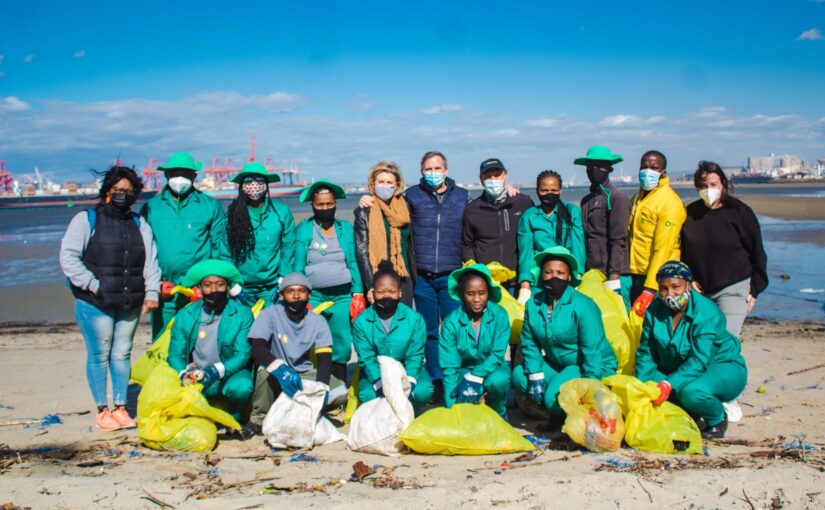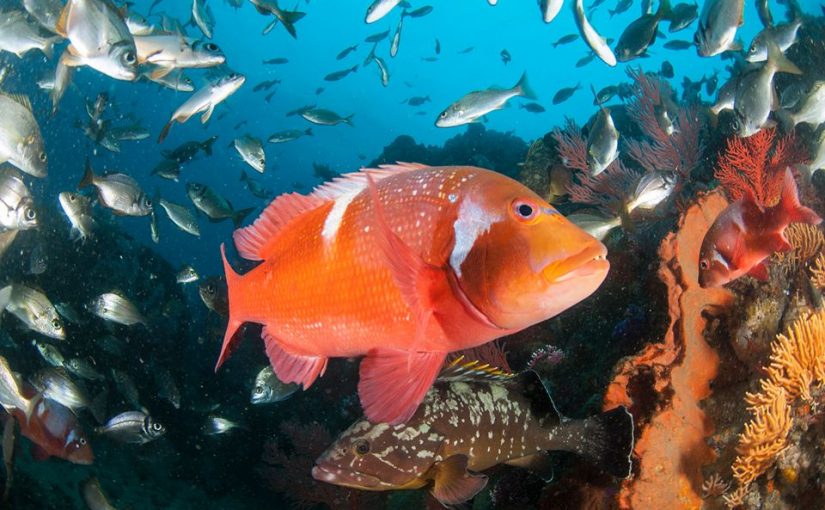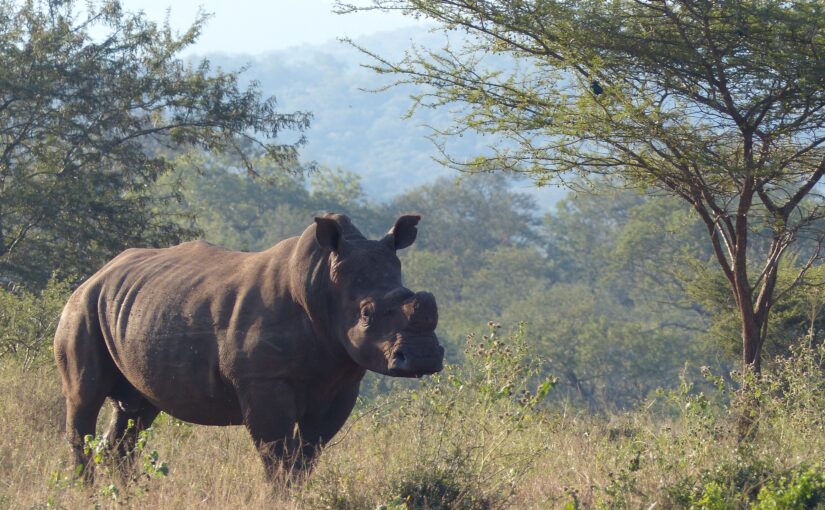WILDTRUST through their Blue Port project has entered a “plastic neutral” partnership with Teqal, a quality manufacturer of rigid plastic packaging servicing the Cosmetic, Personal Care and Industrial markets. In an effort to be 100% plastic waste neutral, for every kilogram of plastic Teqal converts into packaging, an equal amount of post-consumer plastic waste (PCPW) is collected from the environment and recycled.
The Blue Port Project is an initiative of WILDOCEANS (a programme of the WILDTRUST), with the aim of creating action-based research and the implementation of strategic interventions to reduce plastic waste in the Durban Port and ultimately restore the Durban Bay to its natural functioning state.
Teqal is a plastic manufacturer based in highly successful Dube Tradeport SEZ in KZN. Thanks to funding received from the incredibly supportive Industrial Development Corporation, Teqal are going through a very high growth. They are already active in using recycled content in their products that are also biodegradable. As a company they are trying to find ways to reduce their environmental footprint – and striving to be plastic neutral is certainly a big stride in that direction. Until the partnership with WILDTRUST, this goal was not going to be easy to achieve.
Rachel Kramer, Blue Port Project Manager said: “This agreement gives WILDOCEANS an opportunity to have sustainable finance streams which allows progression within these projects by increasing the teams’ operations in the port and continuing long term research and exploring different opportunities. The Blue Port Project is a good case study that illustrates how Extended Producer Responsibility (EPR) partnerships can work. This is a good pilot project to see whether it can be upscaled to different projects and to expand within this project as well,” said Kramer.
WILDTRUST CEO Dr Roelie Kloppers expressed his excitement about the partnership saying that this is an interesting spin on tackling plastic pollution. “Quite often when we talk about recycling, the responsibility always seems to be on the consumer where there is very little responsibility on the producer. So, it’s good to see that producers are taking accountability and investing in projects like this that make the impact on the environment more neutral.”
Director of Teqal, Sean Kirkham said: “The consumer is becoming more educated about the problems linked to plastic pollution and are beginning to push brands to push suppliers to be more environmentally conscious. We are now leading the pack in driving the message of being waste neutral. Government has also played a part in putting legislation in place that lets producers and retail companies know that they are also responsible for the plastic waste that they sell.”
“Plastic is highly recyclable and highly reusable. If we can get to a point where we make sure that the plastic is reused and recycled, we can continue to get the benefits of the solution it provides in packaging – but do it in a way that is sustainable. As a converter of plastic, it is important that we contribute to this initiative,” said Renee Kirkham, CFO of Teqal.
“I wish more people would tap into organisations like the WILDTRUST and do more to help the environment,” said Kirkham. “I would urge everyone – recyclers, converters, retailers and consumers to really look carefully at what it is they’re doing and make sure that their contributions to this sustainable environmental initiative is channelled into areas and organisations like the WILDTRUST.”





